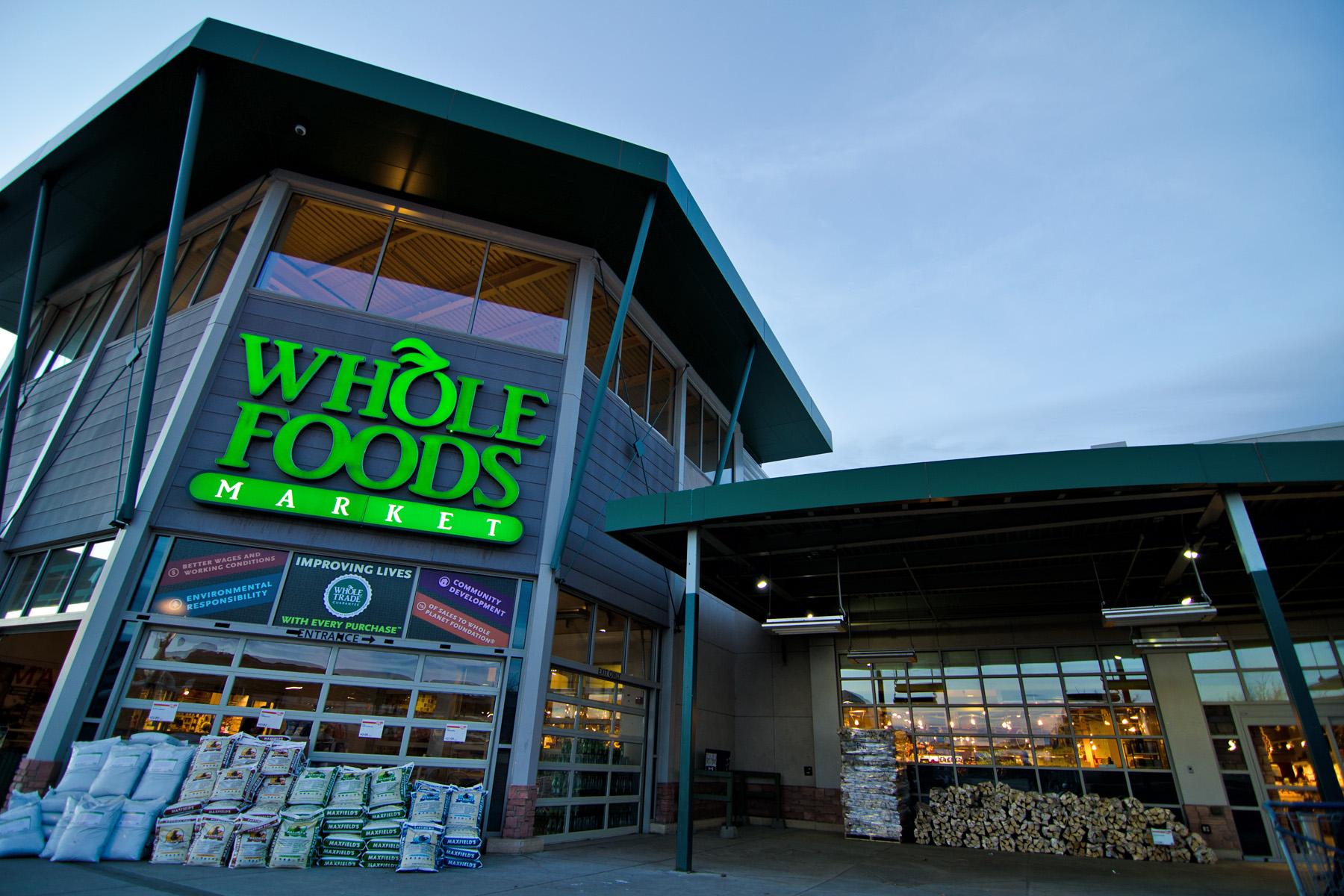
Whole Foods Market plans to close its store in Capitol Hill this fall ahead of the new store opening near Denver Union Station.
The Austin, Texas-headquartered grocer announced Feb. 8 that it was dropping its plans of more than doubling its storefronts and instead preparing to close nine stores during the spring. On Feb. 9, Whole Foods said one of the two locations in Boulder would be shuttered as well as a location in Colorado Springs.
The store closing on Capitol Hill is not included among the nine stores Whole Foods is closing. The company is referring to it as a "relocation," according to Whole Foods spokeswoman Betsy Harden.
The Denver news site BusinessDen first reported the closing Thursday.
On Friday, a member of the leadership team at the Whole Foods Market in Cap Hill — who asked not to be identified — said he learned a couple days ago that his store at the southeast corner of East 11th Avenue and North Emerson Street would be closing.
The roughly 100 employees at the store have the option of working at the new location under construction near 17th and Wewatta streets. Those in leadership roles, including himself, have been asked to reapply for their jobs, he said.
He expects the Cap Hill store to close shortly before Whole Foods opens its location near Union Station during October 2017.
When asked why Whole Foods decided not to keep both the Cap Hill store and new location, Harden said, "We're opening the newer, larger Union Station location to provide a better customer shopping experience."
As of September 25, Whole Foods operated 456 stores in the U.S., Canada and Britain. Colorado had the sixth highest number of Whole Food locations (20) behind California (85), Massachusettes (31), Texas (29), Florida (26) and Illinois (26), according to the company's annual report.
Sales have been increasing annually for Whole Foods to a record $15.7 billion during fiscal 2016, but so have operating costs and expenses. The grocer saw net income drop by $29 million from 2015 to 2016, according to the report.
"What has become clear is that we don’t want to compete in a race to the bottom, as consumers have ever-increasing choices for how and where they shop," Whole Foods CEO and co-founder John Mackey said this month during an investors call.
Whole Foods opened 13 stores (including two relocations) during the 16 weeks leading up to Jan. 15.
"We will continue to grow but no longer have a goal of 1200+ stores," Mackey said. "We are also continually evaluating stores on a case-by-case basis, balancing the age, size and performance trends of the store with the potential returns from additional capital investments, monitoring lease renewals, and taking into account how each store fits into our longer-term strategy for that particular market."
Business & data reporter Adrian D. Garcia can be reached via email at [email protected] or twitter.com/adriandgarcia.
Subscribe to Denverite’s newsletter here.













